In Mass Effect 1, you’ll have a lot of different choices to make that’ll have a huge impact on the events that follow throughout the course of the series. A lot of those decisions include picking who should live or die, which obviously determines whether they’ll be in the sequels or not. Here is everything you need to know about whether to save or kill the council in Mass Effect 1 during the Race Against Time mission.
Race Against Time Choice in Mass Effect 1
Throughout the entirety of Mass Effect 1, the council seems to get in Shepard’s way wherever they can. They don’t believe his/her information about the Reapers, nor will they believe them about Saren’s betrayal.
These decisions eventually lead to the Reaper’s invasion of the Citadel. Eventually, you’ll reach a point during this invasion where you have to choose whether or not to save the Council.
Save the Council
Saving the Council is the option that Paragon players will want to go with. Choosing this will see Shepard order the Alliance to save the Council’s flagship, the Ascension, by any means.
A cutscene plays showing the Alliance open fire on the Geth ships that are attacking the Ascension. The group suffers some casualties but manages to save the ship, signified by Joker’s all-clear signal.
Choosing to save the Council will lead to them thanking Shepard at the end of the game by assigning a seat on the Council to a human representative. You can either pick Udina or Anderson for this position.
Kill the Council
Choosing to kill the Council is the Renegade option, as it will mean you didn’t lend your resources to help prevent the deaths of all of the leaders. When Shepard picks this choice, the Alliance fleet comes through the relay but is told to hold back by General Hackett.
The Ascension opens a channel requesting help, but it is closed by the Alliance. The Council’s ship is destroyed, killing everyone on board.
This decision leads to an ending where Udina either assembles a new Council that is entirely human (Renegade) or a multi-species, human-led Council (Paragon). Just like when you save the Council, this then leads to the decision of picking Udina or Anderson to be that human representative.
Mass Effect 2 & 3 Ramifications
The biggest ramification for future games is that if you choose to save the council, you’ll also preserve the massive Destiny Ascension battleship which will be a useful war asset in Mass Effect 3. The original council will also be apperciative and remember your selfless act.
That said, whether it’s the original or the new council, all of the councilors will still be a pain in the ass, and generally give you a hard time about everything.
That is everything you need to know about whether to save or kill the council in Mass Effect 1 during the Race Against Time mission. For more tips, tricks, and answers to your every question, be sure to check out our Mass Effect Legendary Edition wiki guide for more helpful info.

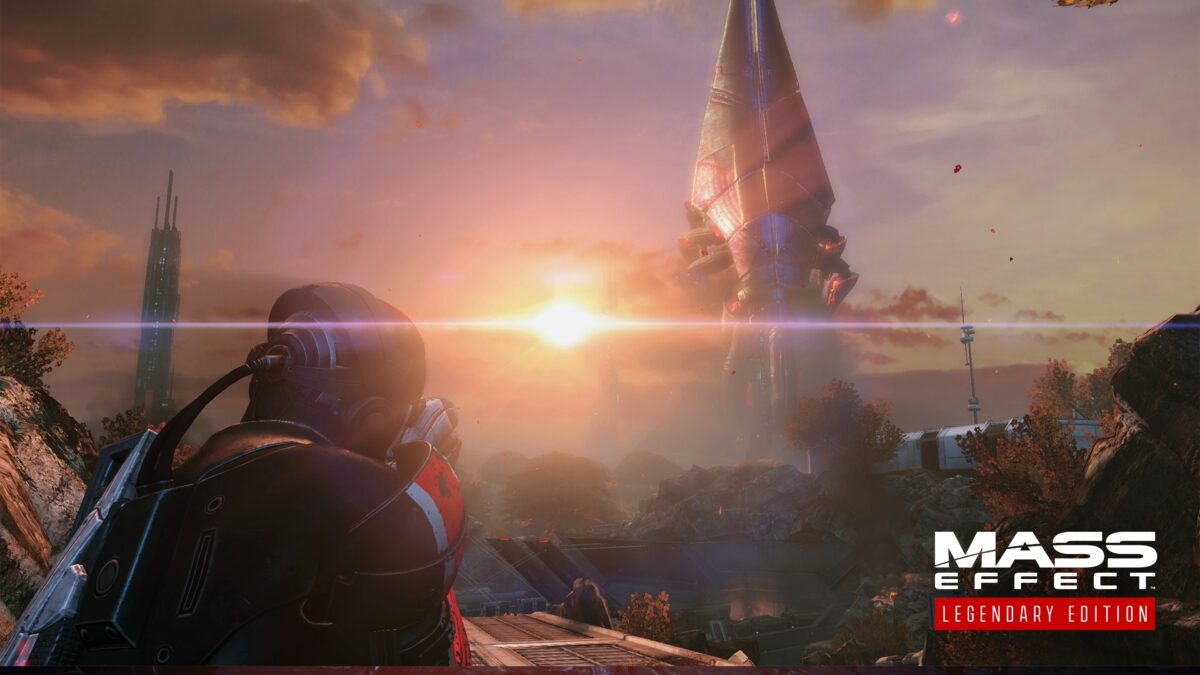

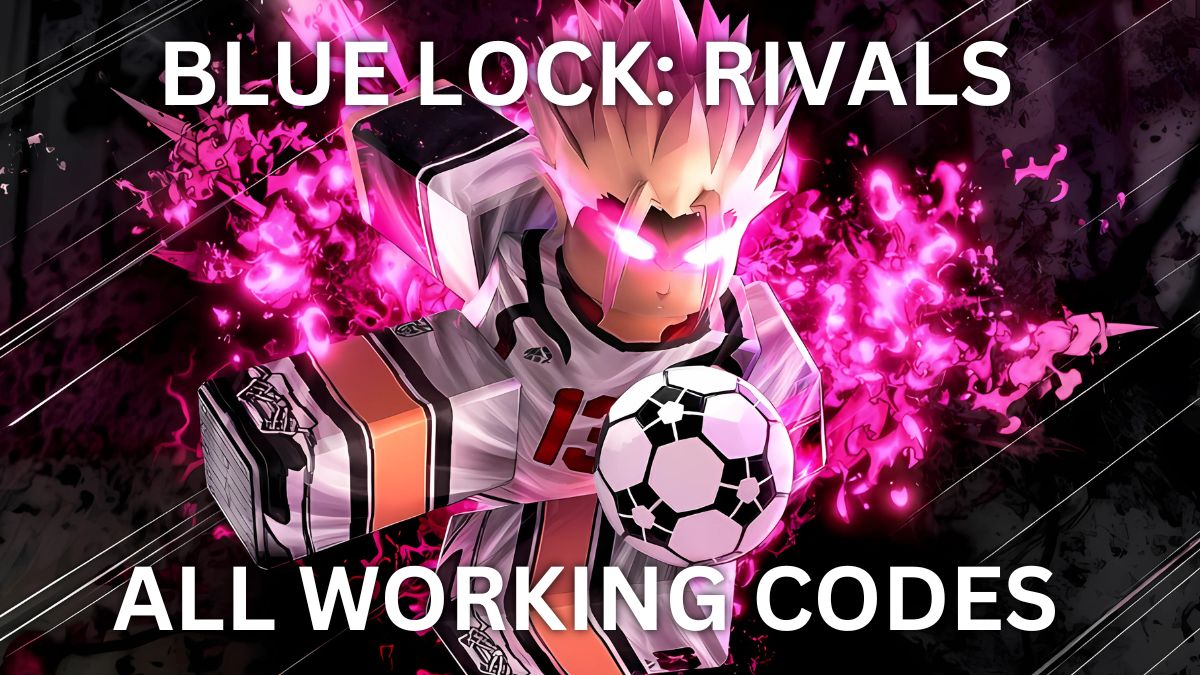
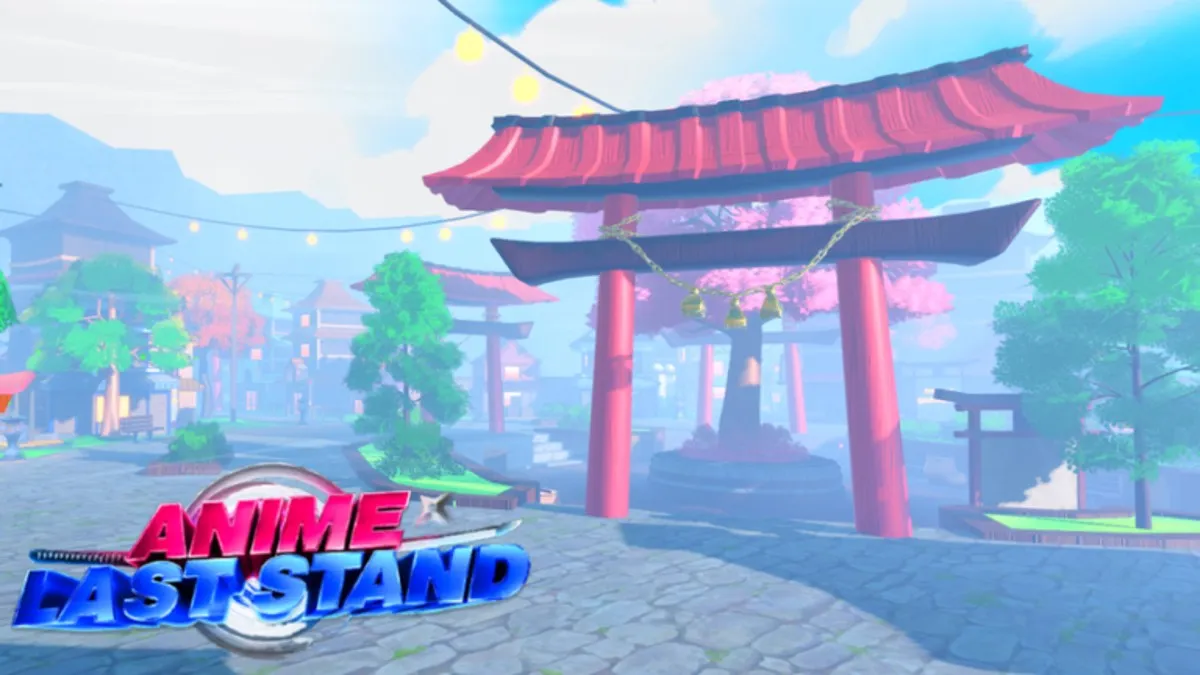

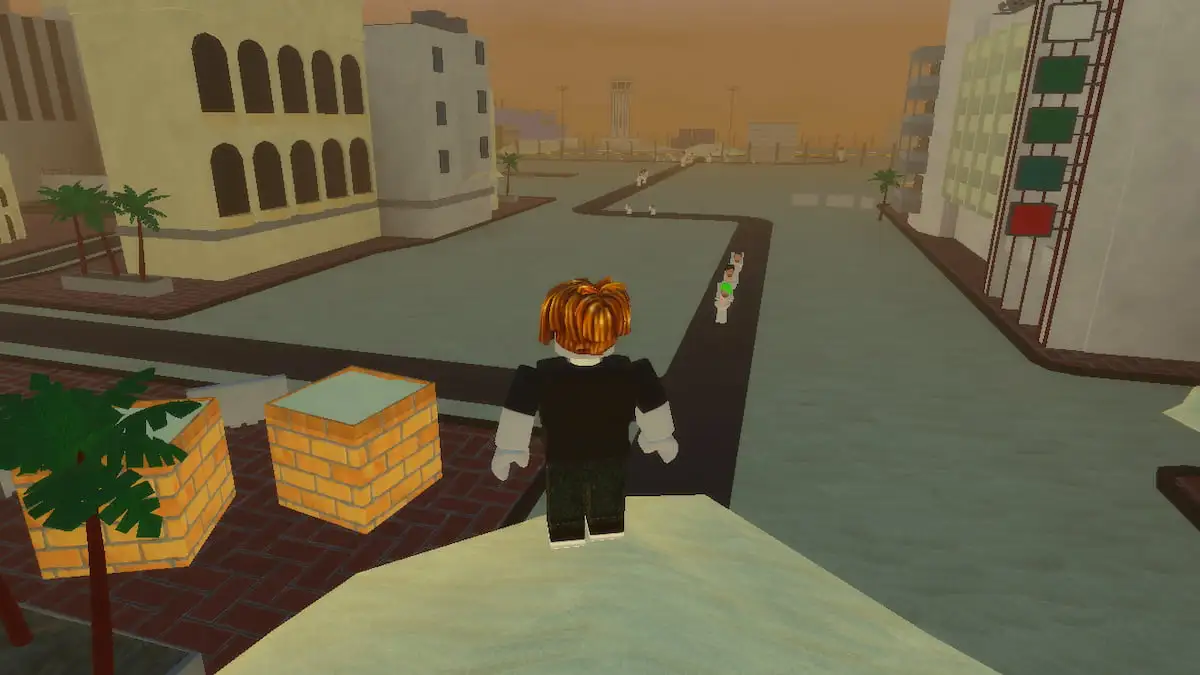


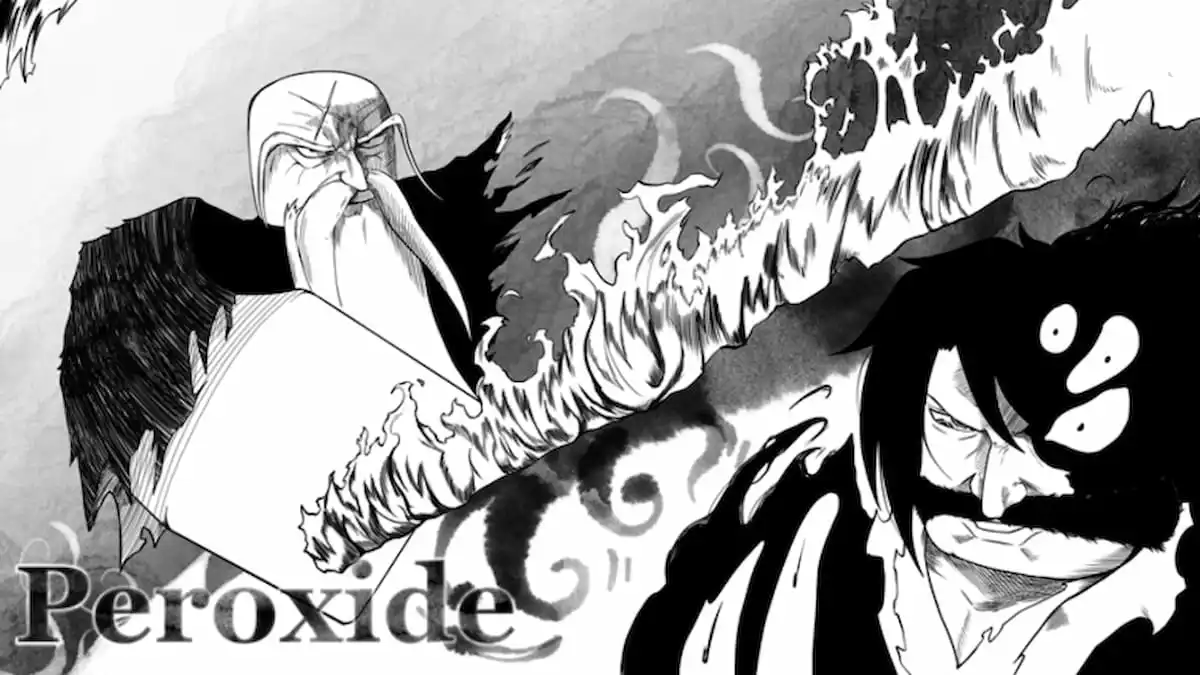

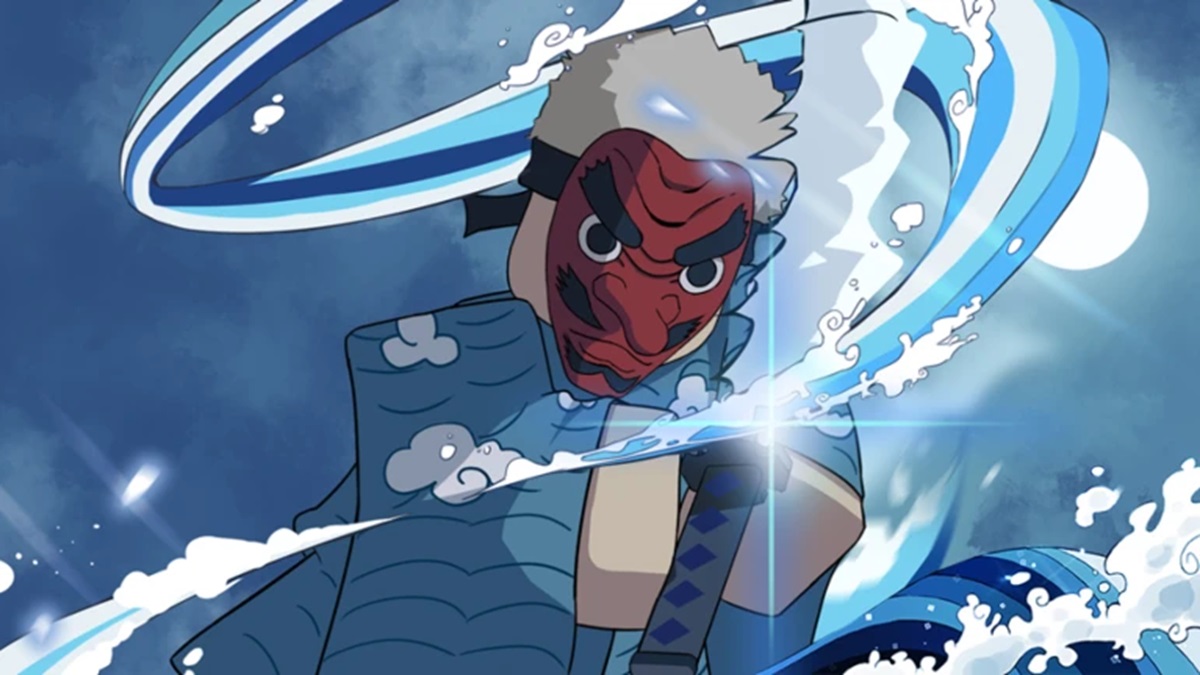

Updated: May 13, 2021 06:11 am